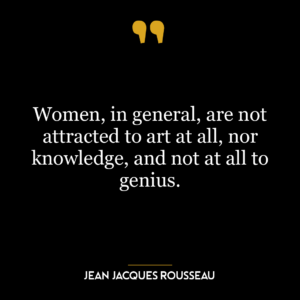This quote, “What is not fully understood is not possessed,” essentially means that unless we truly understand something, we cannot claim to truly have it or own it. It’s not only about physical possession but also about intellectual and emotional ownership.
Understanding in this context goes beyond mere knowledge. It is about having a deep, comprehensive, and intuitive grasp of something. It suggests that understanding is the key to true possession because it allows us to fully appreciate, utilize, and control what we have. Without understanding, our possession of something is superficial and limited.
This quote can be applied in various contexts in today’s world. For instance, in the realm of education, it suggests that merely memorizing facts is not enough. To truly ‘possess’ knowledge, one must understand the concepts behind those facts. In the business world, it implies that truly successful entrepreneurs are those who understand their industry, customers, and competitors, not just those who have a lot of money or resources.
In terms of personal development, this quote can be a guide to self-improvement and growth. It suggests that to truly ‘possess’ a skill or quality, we must understand it deeply. For example, if we want to become more empathetic, it’s not enough to just act empathetic. We need to understand empathy, what it feels like, why it’s important, and how we can cultivate it in ourselves.
In summary, Goethe’s quote is a call for deep understanding as the path to true ownership, whether that ownership is of knowledge, skills, or even relationships. It’s a reminder that superficial possession is not enough and that true possession comes from understanding.












